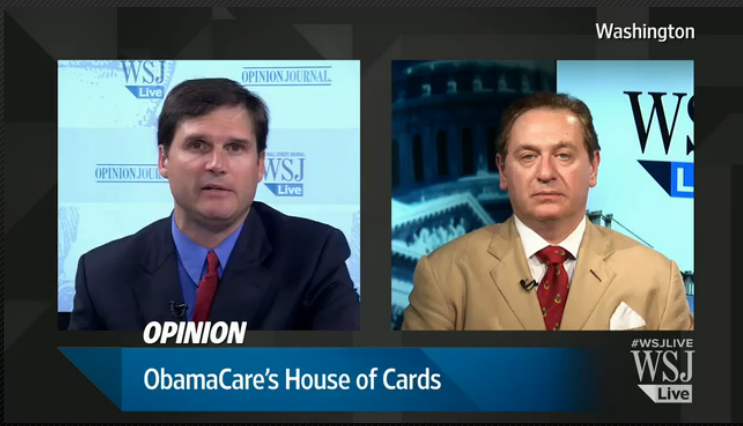Now the Supreme Court will weigh in on Obama’s power play to stock the National Labor Relations Board.
By David B. Rivkin Jr. and Lee A. Casey
Later this month the Supreme Court will hear a case that should resolve how much latitude presidents have to make recess appointments to federal offices that otherwise require Senate confirmation. The boundary of this power has never been decided by the high court. Yet the entire scheme of the U.S. Constitution—which is based on a separation of powers, enforced through checks and balances to safeguard individual liberty—is at stake.
Noel Canning v. NLRB involves several recess appointments President Obama made to the National Labor Relations Board on Jan. 4, 2012. The federal appeals court in Washington, D.C., correctly held that these appointments were unconstitutional both because they filled vacancies when the Senate was not in a true “recess” between Congress’s annual sessions, and because the vacancies had not actually opened up during the purported recess.
Article II, Section 2 of the Constitution states that “The president shall have Power to fill up all Vacancies that may happen during the Recess of the Senate, by granting Commissions which shall expire at the End of their next Session.” The federal appellate court’s decision hewed closely to the text and original meaning of this so-called recess appointments clause. Yet the ruling stunned many constitutional lawyers. That’s because the original limitations on the president’s power to make these appointments had long since been effectively discarded.

